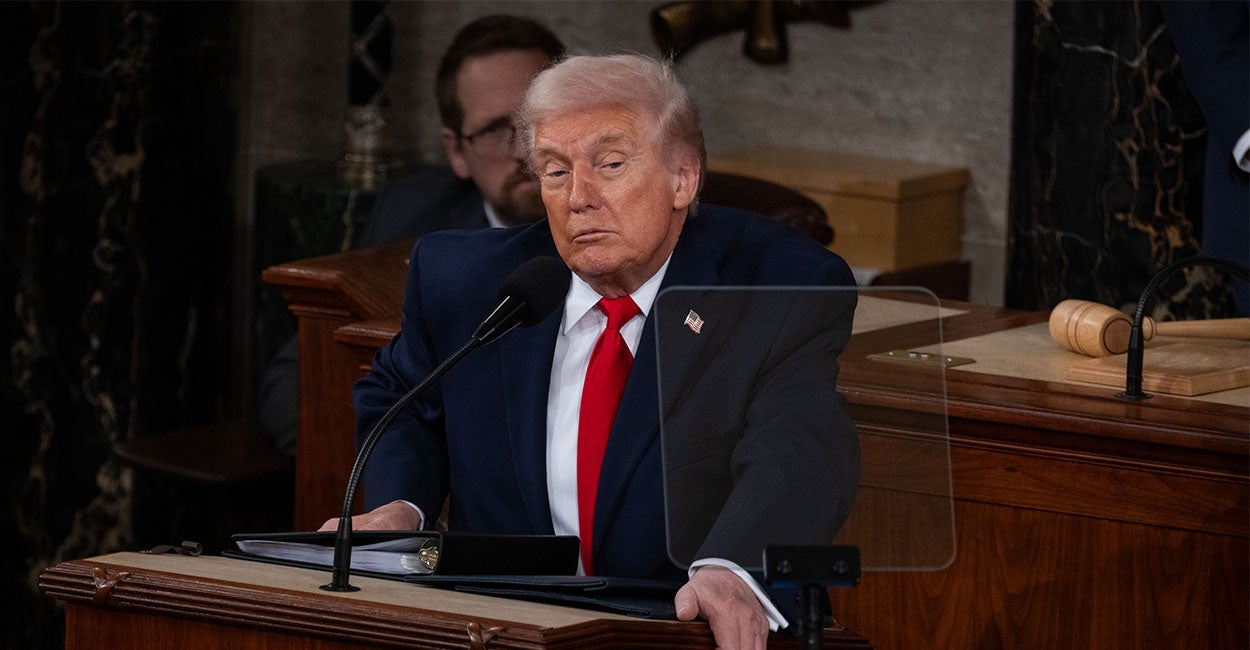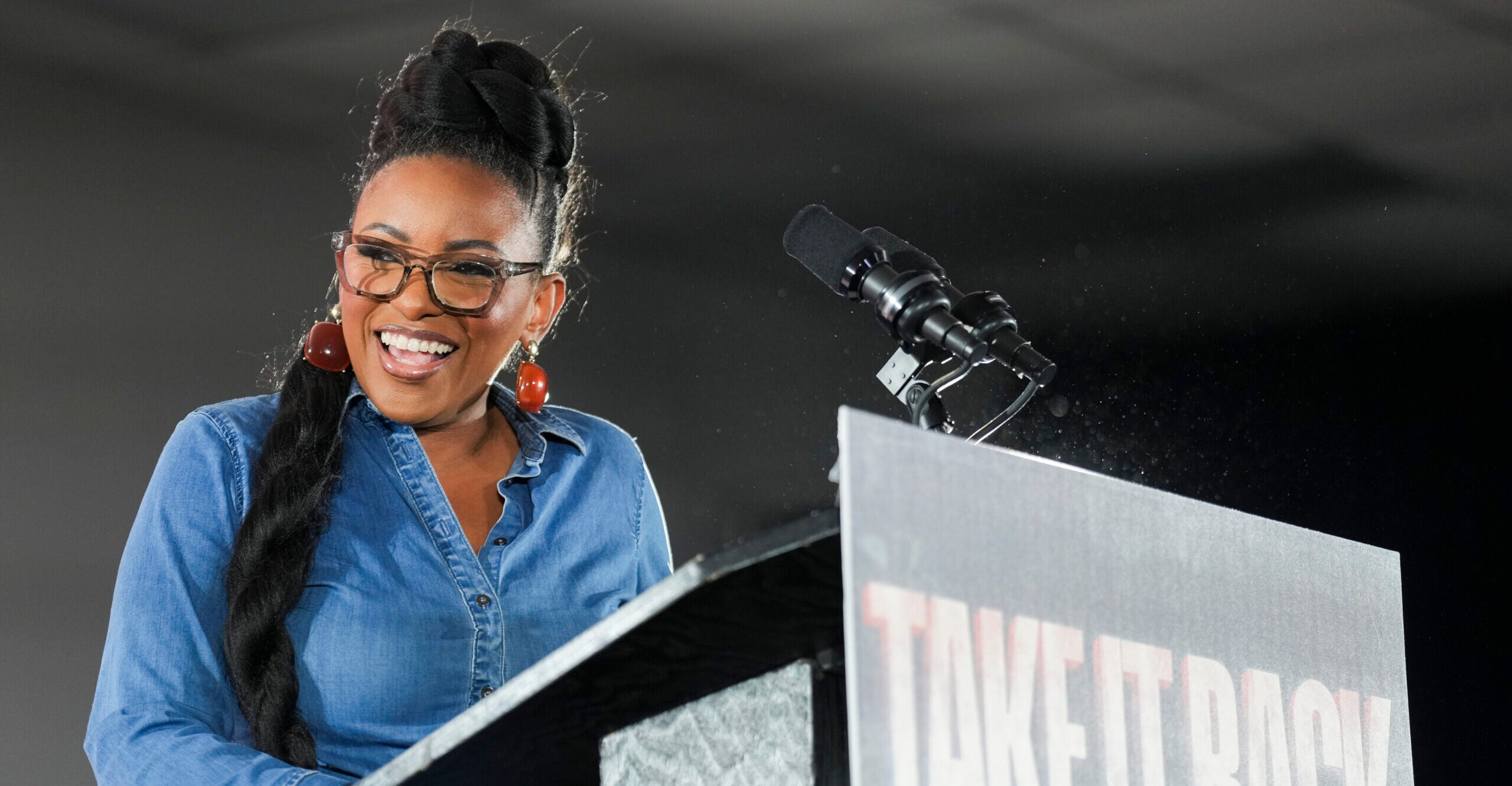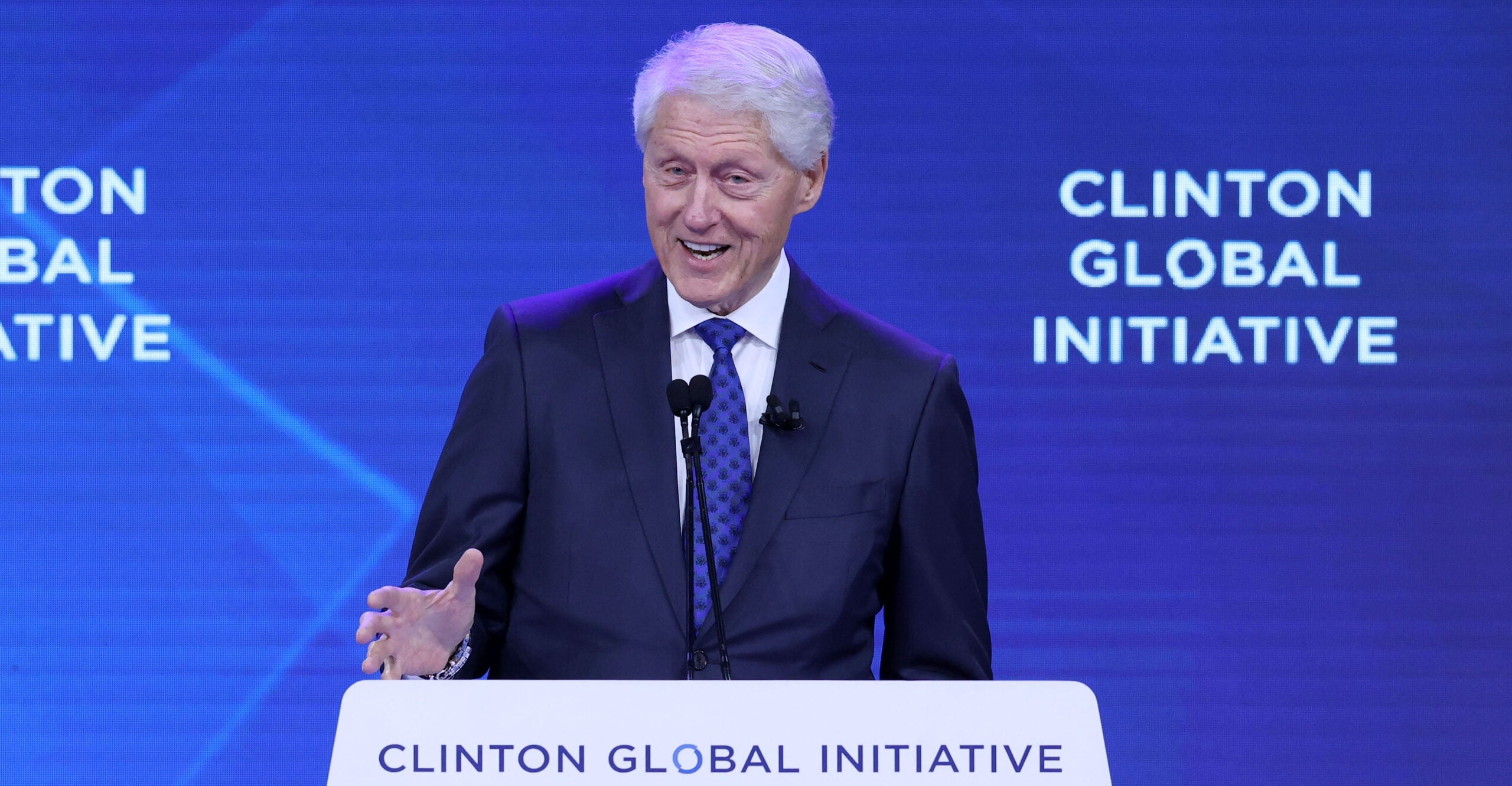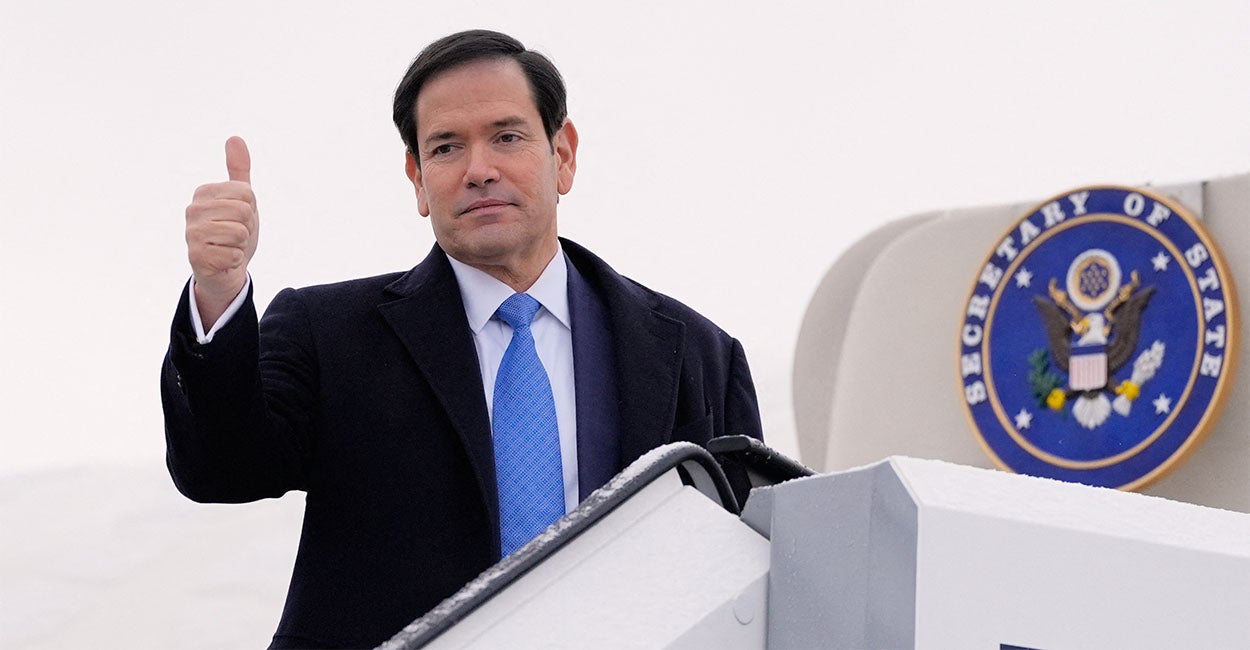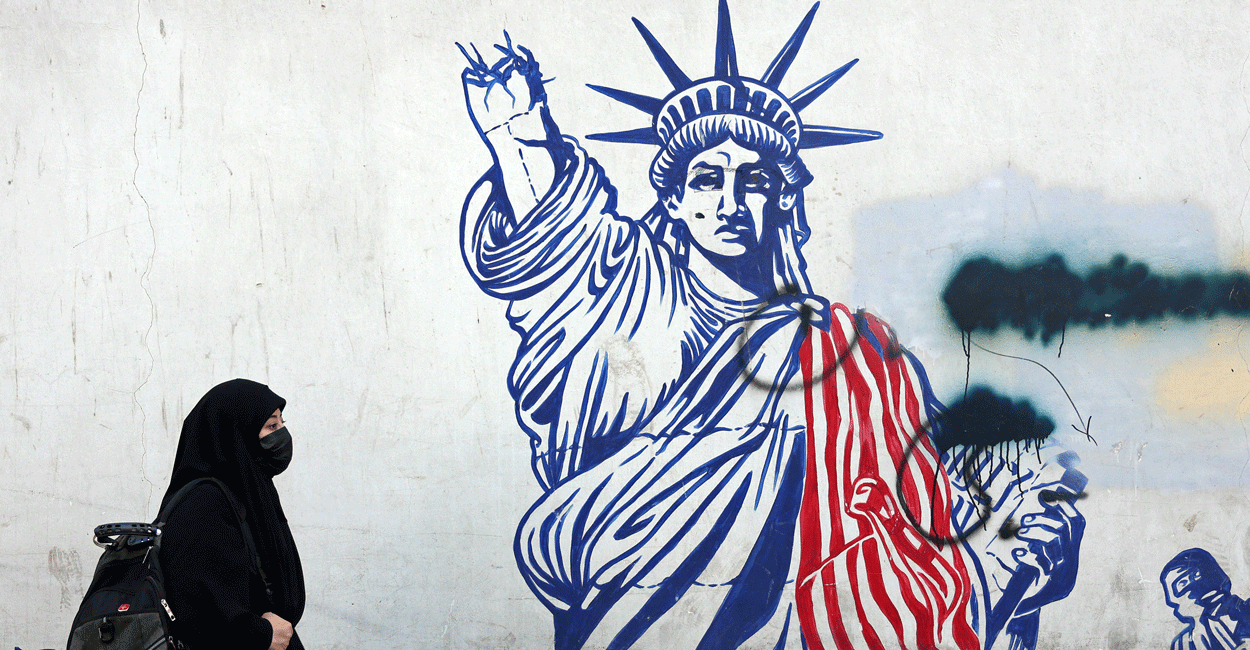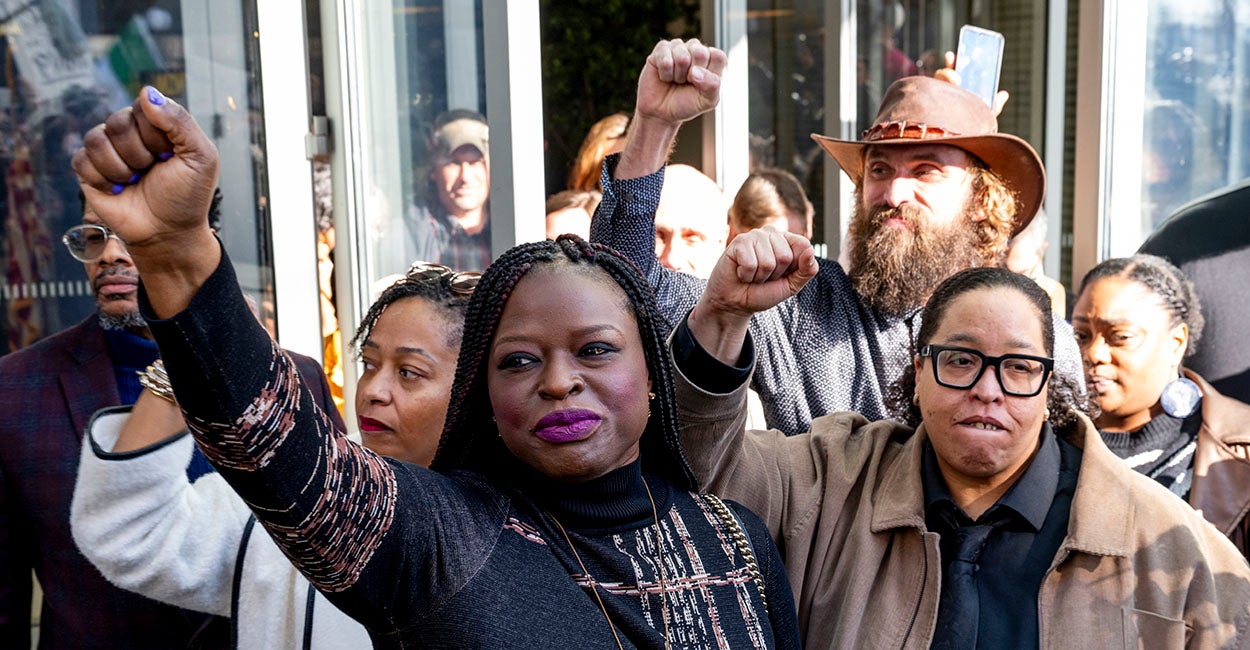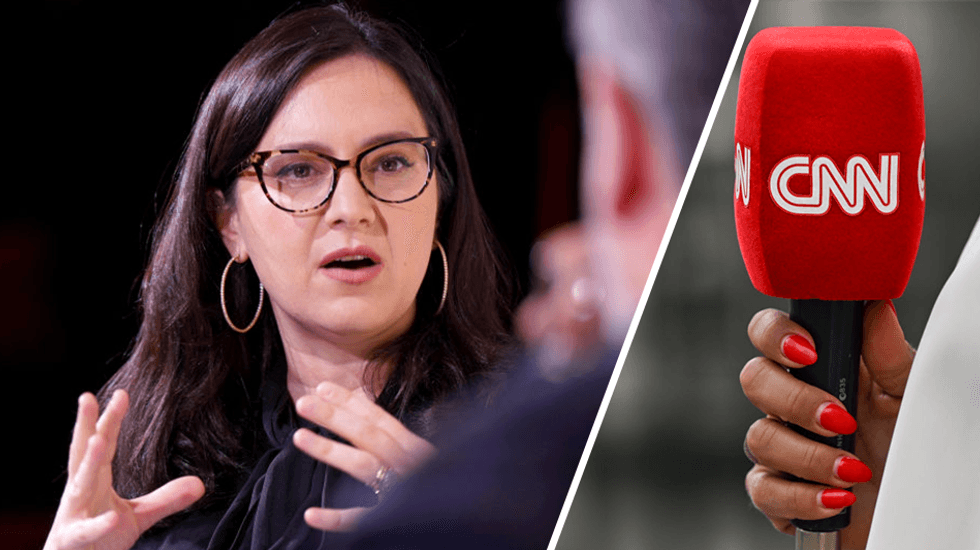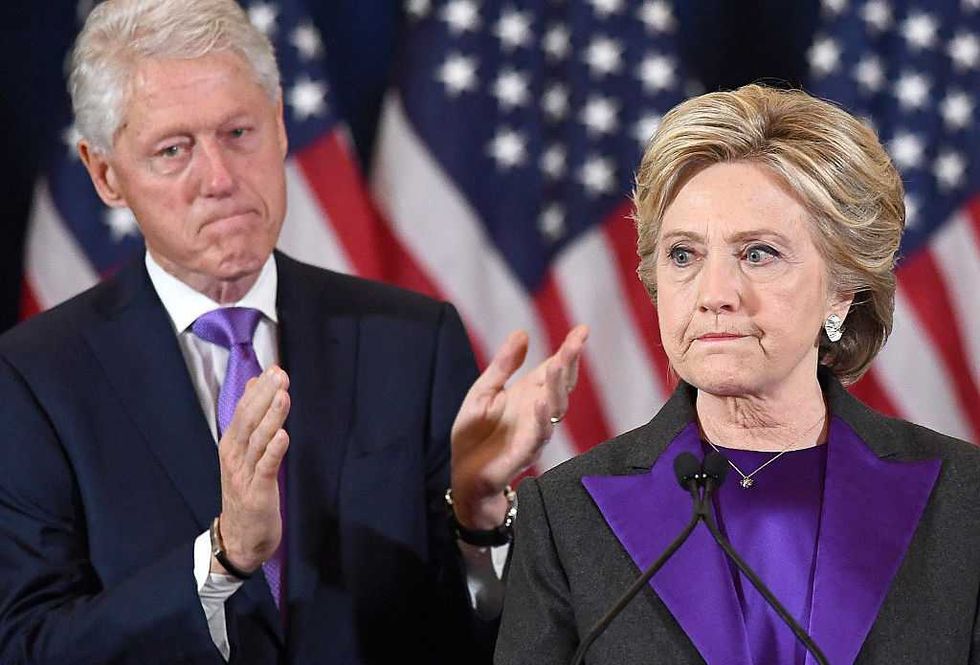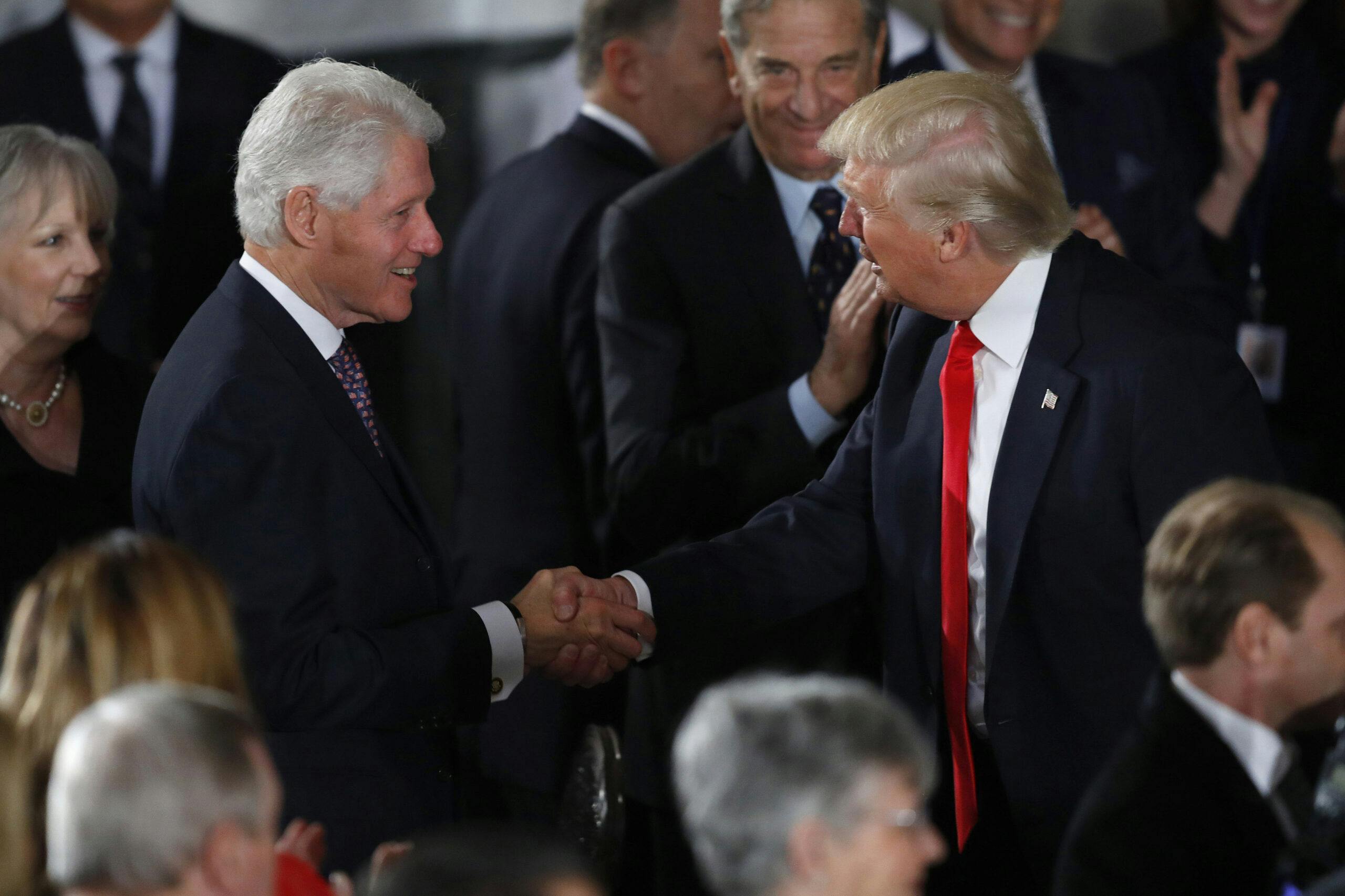International Olympic Committee Eyes Ban On Transgender Athletes In Women’s Events
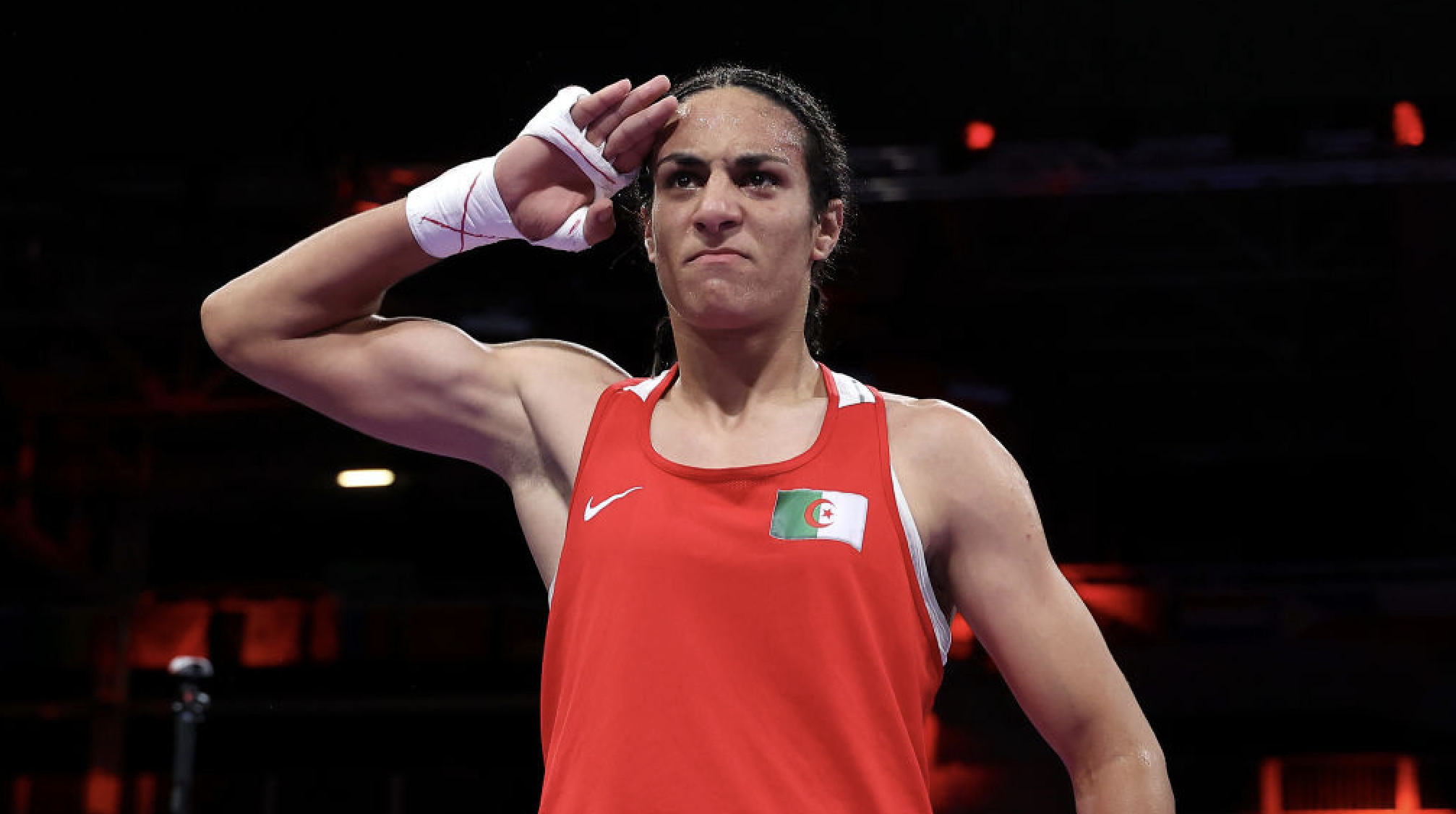
The International Olympic Committee (IOC) is reportedly preparing to announce a ban on transgender athletes competing in women’s sports categories early next year, following a scientific review concluding that biological males retain permanent physical advantages even after hormone treatment.
Live Your Best Retirement
Fun • Funds • Fitness • Freedom
According to sources inside the organization, the move marks a major shift under new IOC President Kirsty Coventry, who has vowed to protect the integrity of women’s competition.
For years, the IOC has allowed transgender-identifying males to compete if they reduced testosterone levels below 10 nanomoles per liter for at least 12 months, leaving enforcement up to each sport. That approach led to inconsistent policies across Olympic disciplines, with sports such as swimming and track already implementing bans on biological males in women’s events while others, including soccer, did not.
Dr. Jane Thornton, the IOC’s medical and scientific director and a former Olympic rower for Canada, presented findings from the organization’s evidence review in Lausanne last week. One IOC member described her presentation as “scientific, factual, and unemotional,” clearly outlining that male-born athletes maintain significant physical advantages over female-born competitors even after testosterone suppression.
The new policy, expected to be announced in early 2026, could become formal IOC eligibility criteria rather than simply guidance to individual federations. The organization is reportedly working to ensure the new rules are legally sound before implementation, likely around the Milan-Cortina Winter Olympics in February.
Coventry, a former Olympic swimmer from Zimbabwe, has emphasized the need to protect fairness for women while maintaining consultation with sports bodies. “We should make the effort to place emphasis on the protection of the female category,” she said in June, stressing a “scientific approach.”
The pending rule change follows widespread controversy at the Paris 2024 Games, when two boxers — Algeria’s Imane Khelif and Taiwan’s Lin Yu-Ting — both won gold medals in women’s boxing after being previously disqualified by the International Boxing Association (IBA) for failing gender eligibility tests.
Despite the IBA determining that Khelif failed a chromosome test, the IOC allowed the athlete to compete based solely on passport gender, dismissing testosterone testing as “irrelevant.” The IBA has since reinstated mandatory sex testing and stated that Khelif would not be eligible for future women’s competition without verification.
The debate over fairness in women’s sports has intensified since the IOC abandoned its testosterone-based policy in 2021, claiming there should be “no presumption of advantage” for transgender-identifying males and urging international federations to determine eligibility independently.
That policy was hailed by transgender activists and athletes like the Canadian soccer player who identifies as transgender and non-binary, who goes by the mononym Quinn.
Quinn, who claims trans athletes compete “without any inherent advantage,” became the first openly trans athlete to win an Olympic gold medal at the Tokyo 2020 Games.
However, a 2021 report from the U.K. Sports Councils Equality Group contradicted that claim, finding that male-to-female transgender athletes retain significant physical advantages and “it is impossible to guarantee both safety and fairness” if they are allowed to compete in women’s events.
The upcoming IOC policy shift appears to align with that conclusion — acknowledging what many athletes and scientists have long said: that male biology provides lasting competitive benefits that testosterone reduction cannot erase.
After years of controversy, the IOC now seems poised to follow the evidence — and to finally draw a clear line to protect fairness in women’s sports.
Originally Published at Daily Wire, Daily Signal, or The Blaze
What's Your Reaction?
 Like
0
Like
0
 Dislike
0
Dislike
0
 Love
0
Love
0
 Funny
0
Funny
0
 Angry
0
Angry
0
 Sad
0
Sad
0
 Wow
0
Wow
0
